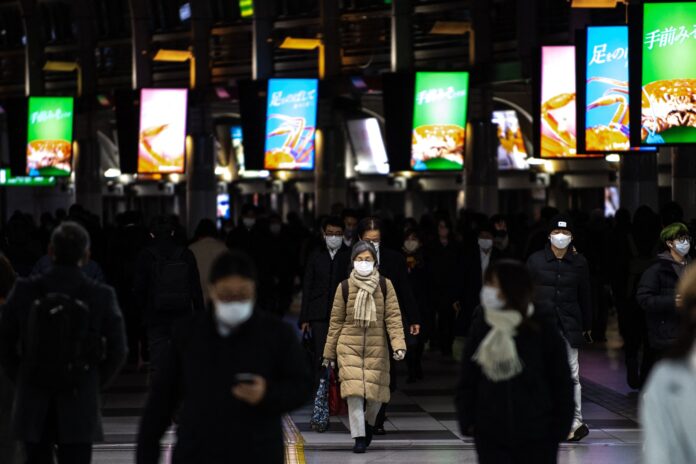Story continues below advertisement
Multiple studies have shown that while Omicron is highly contagious and can reduce vaccine effectiveness against infection, overall it is less severe than other strains.
Trending Stories
COVID-19 hospitalizations hit staggering 10,000 patients as provinces set new records
AT&T pauses some 5G rollouts after major airline heads warn of looming crisis
But according to Tedros, the variant still poses a risk to those who are vulnerable, including the unvaccinated.
“Make no mistake, Omicron is causing hospitalizations and deaths, and even the less severe cases are inundating health facilities,” he said.
“The virus is circulating far too intensely with many still vulnerable.”
Throughout the pandemic, many countries have taken varying approaches to how they deal with COVID-19.
Some countries have had less transmission and fatalities than others, but the latest resurgence might be a blow to morale.
Story continues below advertisement
While cases are increasing around the world, deaths are holding steady at roughly 45,000 per week, said Dr. Maria Van Kerkhove, COVID-19 technical lead with the WHO.
Still, that figure shouldn’t be so high because many countries have the “tools at hand” needed to reduce COVID-19’s impact, she said.
Van Kerkhove is calling on countries not only to stick to public health measures like distancing, mask wearing and proper ventilation throughout the Omicron wave, but to enhance public health systems further for future variants of concern.
“Now is the time to strengthen that, because if we don’t do this now, we will move on to the next crisis,” she said.
“We need to end the crisis that we are currently in, and we can do that at the present time.”
Van Kerkhove added countries must also improve surveillance systems so new variants can be better detected.
“This won’t be the last variant of concern, so now is the time to support and invest in the surveillance systems that we have around the world so that we can detect these variants, we can assess these variants … so we can improve the advice we give at a global level that is implemented at a local level,” she said.
Story continues below advertisement
“There’s a lot to be hopeful for, but we have to put in this work. Now is not the time to abandon the strategy, abandon the science and abandon what we know works.”
© 2022 Global News, a division of Corus Entertainment Inc.



